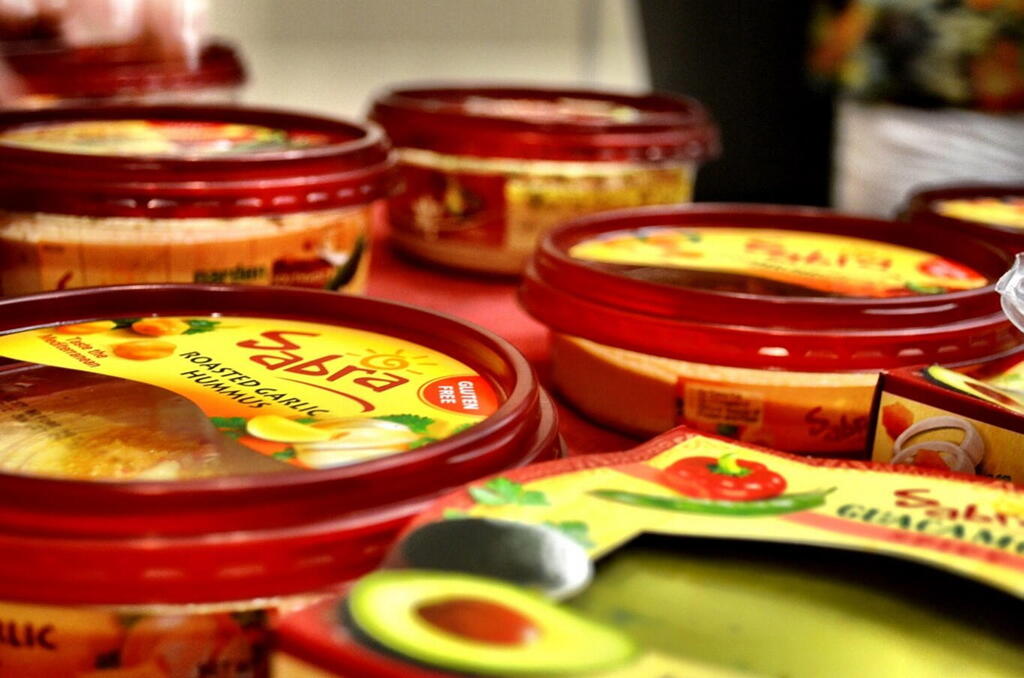Getting your Trinity Audio player ready...
Strauss is on the verge of making a crucial decision: within the next three months, they will decide what to do with their stake in Sabra, their hummus production venture in the U.S. Despite their efforts, Strauss has struggled to penetrate the American hummus market, unable to replicate the early success of a 60% market share, which has now steadily declined to 36.6%.
In the second quarter of 2024, sales dropped by 5.5%, with an operational loss of approximately $530,000 from a sales turnover of about $29 million for the quarter.
An insider sheds light on the situation: "Strauss hasn't managed to change American consumption habits to incorporate daily hummus use as in Israel. To Americans, hummus is still perceived as a dip for barbecues and festive occasions like the 4th of July."
Competition in the U.S. has intensified, mainly from food chains that have developed private brands. The company also faced setbacks in 2022 with two factory shutdowns due to salmonella concerns raised by American health authorities. Although these issues were resolved, Strauss claims the taste of the product was altered.
The vision to bring Israeli hummus to America began in 2005. Strauss acquired a small U.S. manufacturer and partnered with global giant Pepsi, who was keen to ride the health food trend. By 2008, they had established a spreads and hummus plant in Virginia with a significant $68 million investment.
PepsiCo Global holds a 50% stake in Sabra, and Strauss is considering selling its share to them. Notably, in 2023, Strauss exited the European hummus market—six years after acquiring the Dutch hummus maker Florentin, intending to establish it as their European operations hub for spreads and to become a global brand.
This decision is part of the new CEO Shai Babad's strategy, brought in by the Strauss family to divest non-performing or minor ventures—such as Yad Mordechai, fresh salad operations, coffee house chains, and coffee factories in Europe—to enhance the company's profitability, without the sentimental ties of his predecessors.


